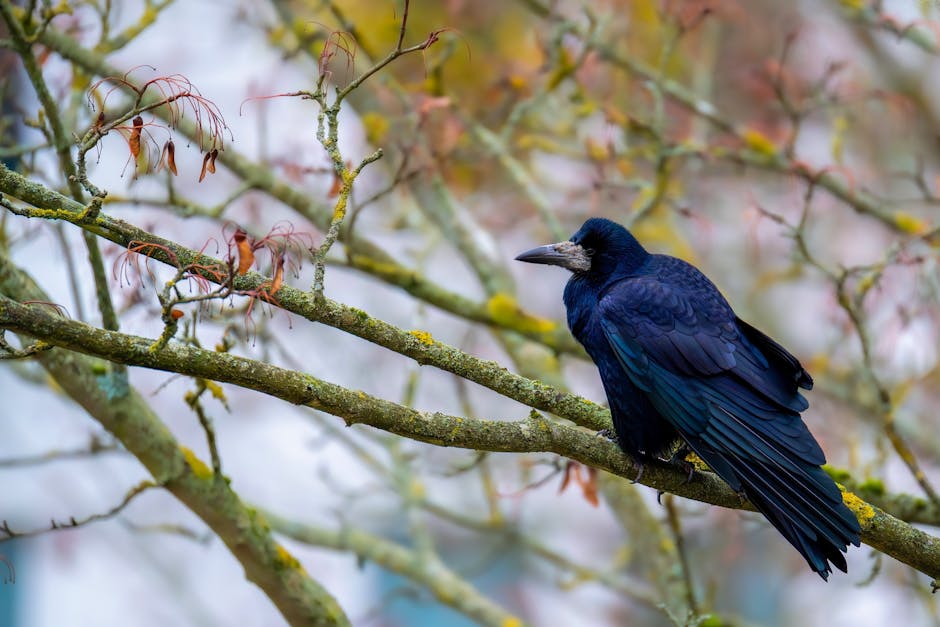
Symbolism of Animals in Folklore
The Significance of Animals in Folklore
Animals have played a crucial role in cultural stories and myths across civilizations. They often symbolize specific traits, virtues, or warnings, serving as messengers or spiritual guides in various traditions.
Common Animal Symbols and Their Meanings
- Wolf: Represents loyalty, intuition, and sometimes danger. In Norse mythology, the wolf Fenrir symbolizes chaos and destructive power.
- Owl: A symbol of wisdom and knowledge, especially prominent in Greek mythology where the owl is associated with Athena.
- Horse: Signifies freedom, strength, and nobility, often featured in legends of heroism and conquest.
- Serpent: Represents rebirth, transformation, but also deception, as seen in many cultural tales worldwide.
Animals in Folklore and Mythology Around the World
Different cultures attribute unique meanings to animals. For instance, in Asian folklore, dragons symbolize power and good fortune, while in African traditions, the lion often represents leadership and strength.
Understanding these symbols enriches our appreciation of folklore and the cultural values they embody. To learn more about how animals are portrayed in Native American culture, explore their stories and legends.
